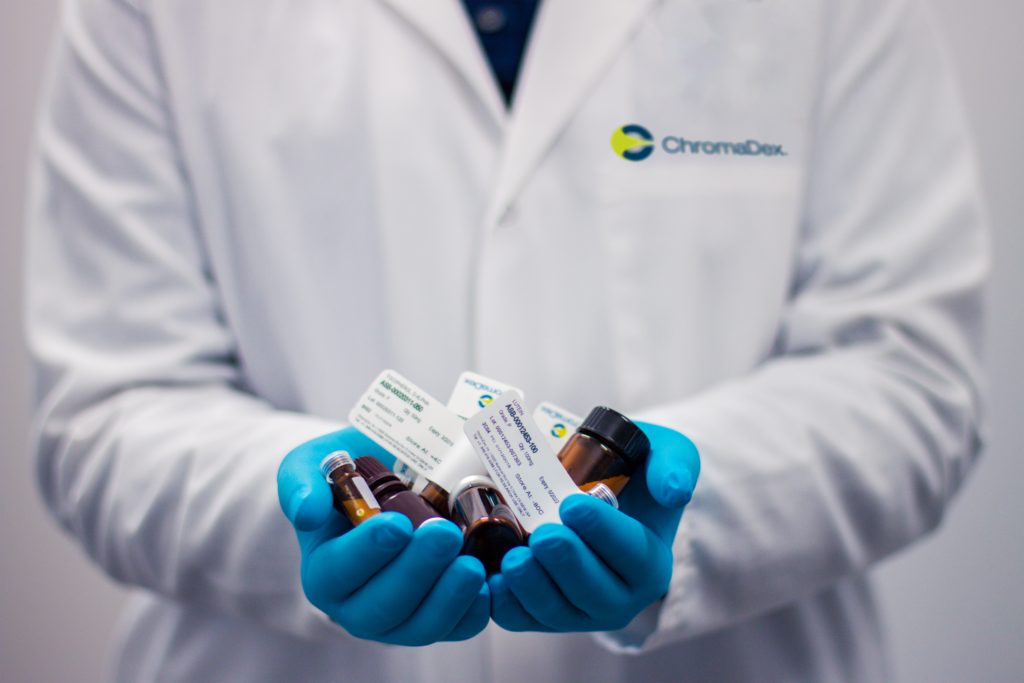The truth is, they don’t!
Physicians today are the unhealthiest in our population. They are more likely to be overweight. They are more likely to suffer from mental health issues. They are more likely to suffer suicide. They have a much lower consumption of fruits and vegetables.
Recent surveys show that 86% of doctors experience mental health issues. They also tend to eat badly. And there is a strong link between mental health and a good balanced diet.
One of the reasons that doctors eat poorly is because the options are just not there in the hospital canteen and on the High Street.
In A&E, there is often a trolley that comes round to the waiting room that just sells junk!
It is really infuriating that people who are sick come to a hospital and they are fed crappy processed foods. And they are invariably consuming this junk to entertain themselves while they wait for a friend or family member to receive treatment.
It is not unheard of for the same trolley to go round to the oncology chemotherapy ward! What!?!
Cancer patient sit in a room with a poison being pumped into their veins to kill cancerous cells… and another poison – sugar – comes round to be consumed orally.
What can be done about it?
It is an improvement that these days you can now go to your GP and if you are feeling low, a bit depressed, they can give you an exercise prescription to alleviate your symptoms – even if GPs are not taking their own medicine.
And, a physiotherapist like myself knows that being active is going to help make your aches and pains improve much faster, prevent and help clear chest infections, and improve function in those with neurological deficits.
But, they are probably not going to talk to you about what you eat.
Why not?
There are couple of things that people need to realise.
Average consultation times within NHS and other health services are incredibly low, to the point where a lot of what you are doing is trying to make a diagnosis and then give the most succinct advice and education that feed into the patient’s expectation of the health professional.
If you are a doctor, that could be giving or prescribing medications. If you are a physiotherapist, like myself, that is likely exercises and hands-on treatment.
Often, opening up a discussion about nutrition can go against expectations for both the clinician and the patient.
The other issue is that nutrition and lifestyle has not been traditionally given as much attention during the medical curricula, and only now are a handful of universities that are really waking up to lifestyle medicine as an important part of their medical curricula.
I went to one of the best universities in the country that is recognised globally but I received no nutritional education beyond what macronutrients predominantly fuels different types of exercise.
And doctors medical education usually only involves the symptoms of severe nutritional deficiencies that Western doctors rarely see, even in hospitals.
Each medical school designs their own curricula and most are stuck in the post WW2 ‘there’s a pill for every ill’ model, in spite of the fact that non-communicable diseases, such as diabetes, cardiovascular and neurodegenerative diseases, triggered by that way we live, are what is killing most of us now.
The General Medical Council states that every medical student should be able to confidently discuss the role and impact of nutrition.
How ‘confidently’ is defined in training and in the surgery is not clear.
Fortunately, for me, I have a background in exercise & sports science, a personal passion for optimising human performance and experience working as a personal trainer.
I have a very strong academic background in exercise prescription and have done my own reading around nutrition and supplementation.
The trick with nutrition is making one simple change in your diet at a time.
One simple thing at a time can often be life changing for people.
We are at a moment of real change and the medical world is part of it, as it begins to grasp the importance of diet and exercise in our mental and physical health.
Anti-depressants have a role and one good meal is not the silver bullet. Just like one pill is not going to cure you of anything.
And, there is no pill that can treat most of what ails millions of us. So, until the medical industry catches up with the 21 century, you are going to need to do your own prescribing.
Or, find a well rounded coach/therapist who stays up to date on exercise, nutrition and other practices that optimise human physical and mental health and performance….
Now, I wonder where you could find that?#
Yours optimally,
Scott

